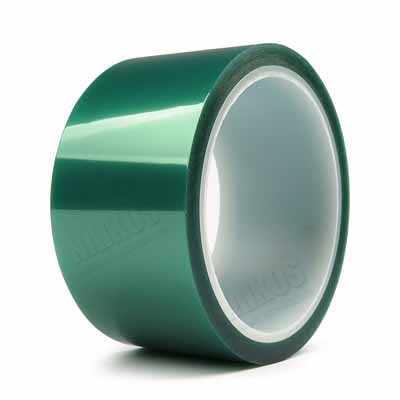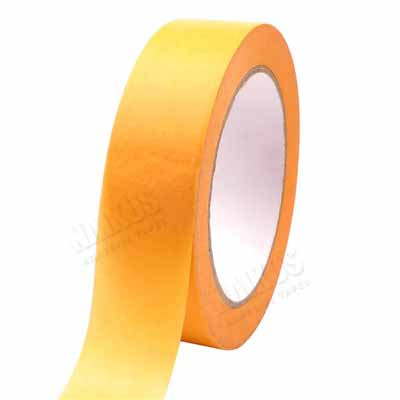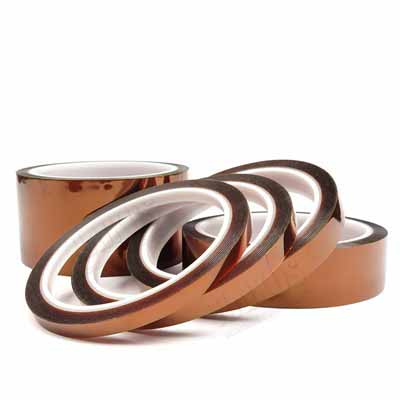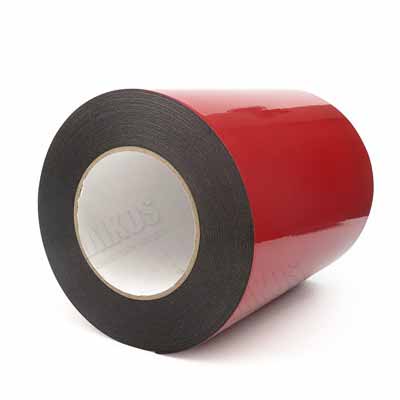Managing heat in electronic devices is a critical aspect of design engineering. Without proper heat management, devices can malfunction, leading to significant performance issues and even failures. Thermal pads are an essential component in the world of electronic devices as they provide a reliable solution for efficient heat management, ensuring device longevity.
Thermal pads are an insulating material designed to support heat transfer between heat-generating devices such as microprocessors and heat sinks. They usually come in the form of pre-cut, pressure-sensitive pads, and their primary function is to fill the microscopic gaps between heat-generating components and heat sinks, thereby improving thermal conductivity and heat dissipation.
Thermal pads are widely used in the manufacturing of electronic devices and systems, primarily for heat management purposes. Some notable applications of thermal pads include:
1. Computers and Laptops: Thermal pads are extensively used in the manufacturing of computers and laptops. They play a critical role in ensuring efficient heat dissipation between the CPU and heat sink to prevent thermal throttling.
2. LED Lighting: LED lighting is becoming increasingly popular in various applications, and thermal pads have become an essential component in their manufacturing to maintain their longevity and prevent overheating.
3. Automotive Electronics: Thermal pads are extensively used in the manufacturing of various automotive electronic systems, such as ABS modules, ECU units, and power steering modules. They play a vital role in heat management and reliability, ensuring system integrity even in harsh environments.
Advantages of Thermal Pads:
1. Efficient Heat Management: Thermal pads are an excellent solution for efficient heat management between heat-generating components and heat sinks, preventing overheating and ensuring maximum device longevity.
2. Cost-effective: Thermal pads offer a cost-effective solution for heat management, as they are significantly cheaper compared to other thermal management solutions such as thermal grease or phase-change materials.
3. Easy to Install: Thermal pads are pre-cut and pressure-sensitive, making them easy to install and use. They do not require special skills or tools, making them ideal for both DIY and professional applications.
Thermal pads are a critical component in the manufacturing of electronic devices and systems, primarily for heat management purposes. They provide an efficient, cost-effective, and easy-to-install solution for ensuring device longevity and avoiding performance issues. As the electronics industry continues to evolve, the importance of thermal pads in heat management cannot be overstated.




